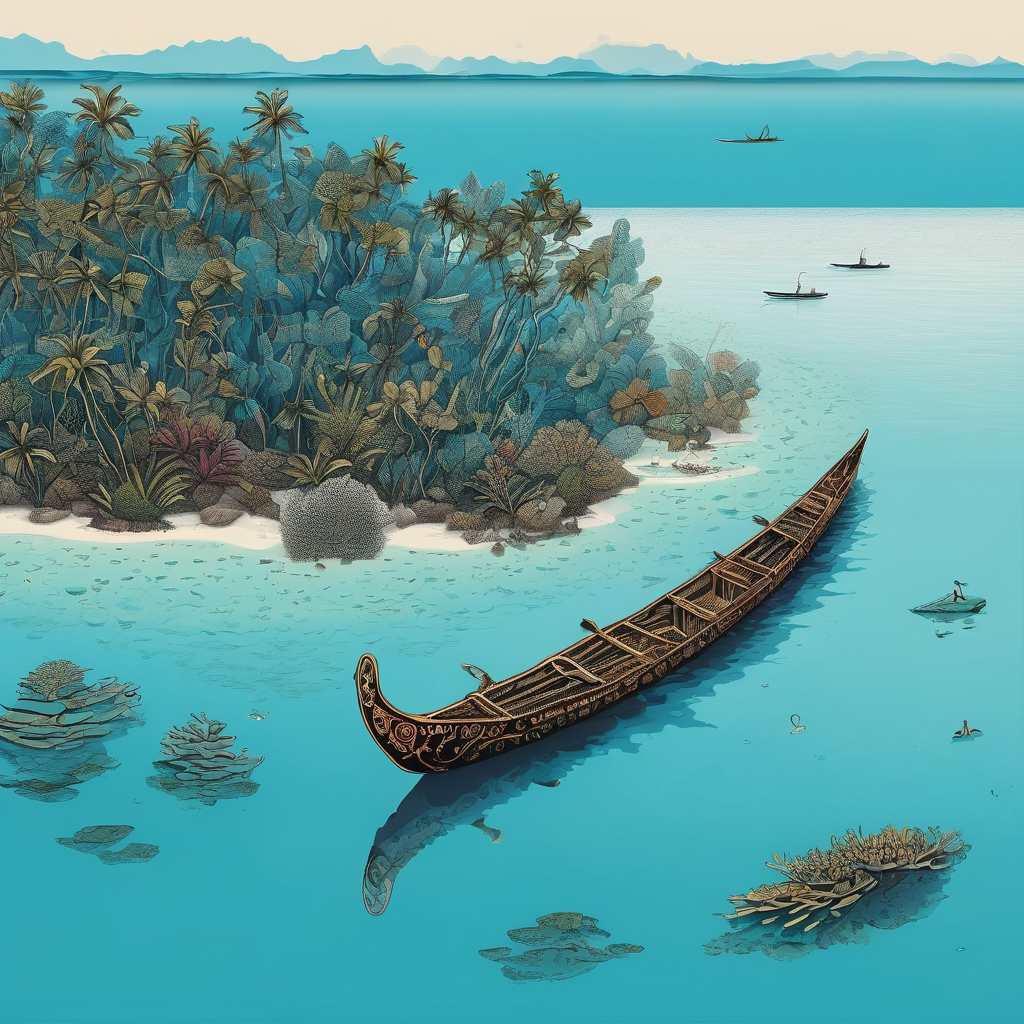Papua New Guinea’s Prime Minister James Marape recently celebrated a momentous occasion by addressing the United Nations General Assembly, commemorating both the 50th anniversary of the nation’s independence and its membership in the UN. Marape delivered a passionate speech that underscored themes of unity, peace, and environmental responsibility, reflective of Papua New Guinea’s rich and diverse heritage, which includes over 1000 tribes and 850 languages.
Highlighting the power of unity amidst such diversity, Marape emphasized that while Papua New Guinea values its Christian heritage, it is vital that religion does not divide its people. He shared the journey towards national unity as a challenging yet transformative one, particularly recalling the historical violence during the Bougainville conflict. His reference to the successful implementation of the 2001 Bougainville Peace Agreement, which has brought about over two decades of stability, served as a powerful testament to the enduring nature of peace built on sincere dialogue.
In addition to fostering national unity, Marape issued a strong call for global environmental stewardship, noting Papua New Guinea’s critical role as a custodian of vast tropical forests and oceanic resources. He urged major economies to take responsibility for their carbon footprints and to recognize that the nation’s natural assets are not solely Papua New Guinea’s but hold value for the entire planet. “There is no other planet like Earth,” he asserted, emphasizing the generational obligation to protect it.
This call for collective action on climate change resonates deeply, particularly as the Pacific region grapples with the severe impacts of global warming. Marape’s address coincides with heightened international focus on climate resilience, evident in past discussions led by global leaders, including UN Secretary-General António Guterres, who praised Papua New Guinea for its leadership in environmental issues during his recent historic visit. Guterres acknowledged the challenges faced by the Pacific Islands and urged developed nations to contribute more significantly to climate financing.
The Prime Minister’s remarks signal a hopeful future for Papua New Guinea as it stands firm on the global stage—illustrating a nation that is not only rich in cultural diversity but also a proactive leader in fostering peace and advocating for environmental justice. As the country moves forward, the acknowledgment of its achievements, especially in the context of its independence and global relationships, offers a promising pathway for collaborative growth and sustainable development in the region.
